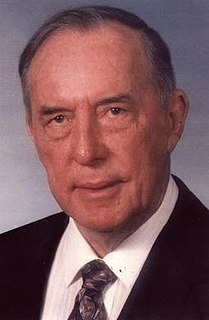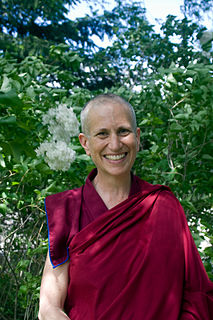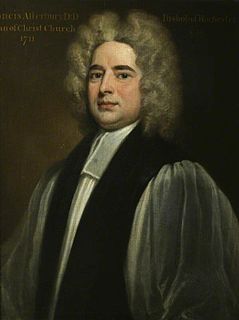A Quote by Dwight L. Moody
The Scriptures were not given to increase our knowledge, but to change our lives.
Related Quotes
In all of the history of mankind there has never been a time when we have had a greater opportunity to increase our knowledge of the law of the Lord...Surely there can be no excuse for us not to become the best informed generation of all time in our knowledge of the scriptures. Never before have we had opportunity such as we have today to become real gospel scholars.
Human beings are very unbalanced and prone to go off on tangents. In every area of life- with too great emphasis on one thing, leaving out another important thing altogether. None of us will ever be perfectly balanced in our spiritual lives, our intellectual lives, our emotional lives, our family lives, in relationships with other human beings, or in our business lives. BUT WE ARE CHALLENGED TO TRY, WITH THE HELP OF GOD. We are meant to live in the scriptures.
[M]any people would accept that we do not really have knowledge of the world; we have knowledge only of our representations of the world. Yet we seem condemned by our consitution to treat these representations as if they were the world, for our everyday experience feels as if it were of a given and immediate world.
The way we live our daily lives is what most effects the situation of the world. If we can change our daily lives, then we can change our governments and can change the world. Our president and governments are us. They reflect our lifestyle and our way of thinking. The way we hold a cup of tea, pick up the newspaper or even use toilet paper are directly related to peace.
Developing Christlike attributes in our lives is not an easy task, especially when we move away from generalities and abstractions and begin to deal with real life. The test comes in practicing what we proclaim. The reality check comes when Christlike attributes need to become visible in our lives—as husband or wife, as father or mother, as son or daughter, in our friendships, in our employment, in our business, and in our recreation. We can recognize our growth, as can those around us, as we gradually increase our capacity to 'act in all holiness before [Him]' (D&C 43:9).
Sometimes," Jem said, "our lives can change so fast that the change outpaces our minds and hearts. It's those times, I think, when our lives have altered but we still long for the time before everything was altered-- that is when we feel the greatest pain. I can tell you, though, from experience, you grow accustomed to it. You learn to live your new life, and you can't imagine, or even really remember, how things were before.
Our days are numbered. One of the primary goals in our lives should be to prepare for our last day. The legacy we leave is not just in our possessions, but in the quality of our lives. What preparations should we be making now? The greatest waste in all of our earth, which cannot be recycled or reclaimed, is our waste of the time that God has given us each day.




































